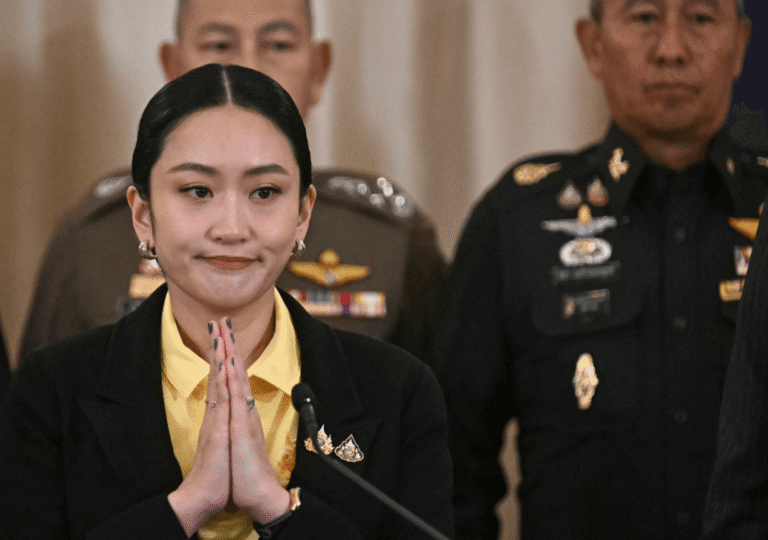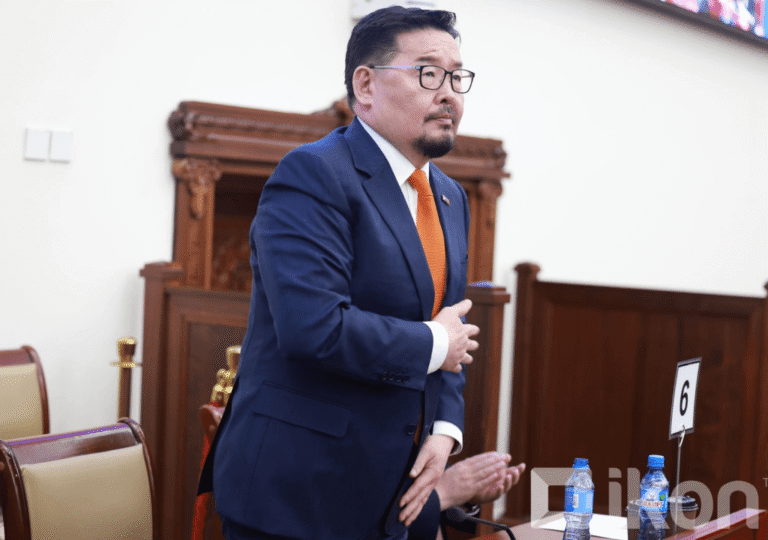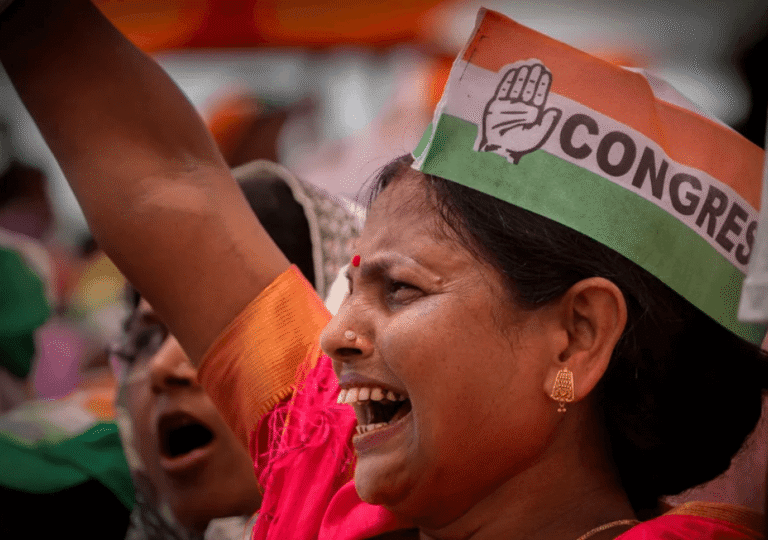In the current trend of prematurely asserted election victories, Indonesia follows the trend, as Prabowo Subianto, endearingly dubbed the “cute grandpa” by Indonesian youth, and a seasoned statesman with a nuanced military background, boldly proclaims his victory in the recent presidential election. At 72 years old, Prabowo Subianto will be the heir to the immensely popular incumbent, President Joko Widodo, harboring aspirations to become the eighth president of the world’s third-largest democracy. Noteworthy is the inclusion of President Widodo’s son as Subianto’s running mate for the vice president position.
Amid the absence of official declarations from election authorities and the conspicuous lack of agreements from the two other former provincial governors in the race, Subianto, leaning on unofficial results, confidently announces his victory to a gathered crowd in Jakarta. His proclamation characterizes the win as “the victory of all Indonesians,” illustrating a strategic move to unite the populace under his leadership.
Subianto is a figure marked by a tumultuous past, faced a ban on entry into the United States for a lengthy two-decade period, a consequence of allegations related to human rights violations. His military trajectory unfolded against the backdrop of the Suharto dictatorship, a chapter that concluded just over 25 years ago in the Indonesian archipelago. Holding a prominent position in the military hierarchy, Subianto served as an army general, notably assuming the role of a special forces commander in a unit implicated in allegations of torture and disappearances—an assertion vehemently disputed by Subianto.
Current unofficial tallies from Indonesian polling agencies indicate Subianto securing 57% to 59% of the votes, drawing on data from over 80% of the sampled polling locations. Although the official tally may extend over a month, historical precedent suggests the reliability of quick counts based on a sampling of polling stations across Indonesia. This method has consistently provided accurate reflections of results in the nation’s previous four presidential elections since the inception of direct voting in 2004.
Despite his hasty declaration of triumph, Subianto struck a calm tone in a broadcast speech from a sports stadium. He issued a warning against conceit, stressing the need of humility in the face of uncertainty. Declaring that this victory should go beyond individual successes, he recognized the difficult journey that Indonesia travels as a country caught between a difficult historical story with democracy.
Indonesia is on the trajectory to become the world’s fourth-largest economy in the next decade, and in a need to strategically shape its foreign policies, with a particular emphasis on asserting uphand in south east Asia. However, inherent disparities, including ideological opposition to the West, a foundation rooted in communism and Islam, perceived imperfections in democracy, leadership marked by corruption or crime allegations, and the sensitive issue of Western Papua, have the potential to strain relations between Indonesia and Western nations. Paradoxically, these very differences also position Indonesia as a natural ally for China, further fortified by the nation’s possession of the world’s largest nickel reserves. Probably the duo will be best friends with benefits.
In a decisive move in 2020, Indonesia imposed a prohibition on the export of nickel ore, aiming to establish a competitive electric vehicle and battery supply chain. Recognizing the strategic importance of this decision, China has made substantial investments, injecting a notable US$3.6 billion into Indonesia’s nickel sector in the first half of 2022. This financial commitment aligns seamlessly with China’s Belt and Road Initiative and complements Indonesia’s ongoing infrastructure initiatives, led by Incumbent President Widodo. These initiatives include notable projects such as the inception of Southeast Asia’s first high-speed rail.
The apparent stagnation in Indonesia’s ambitious new capital project needs a significant increase in investment, a void that seems poised to be filled by China. President Widodo’s stance with foreign investment underscores the nation’s need, and China stands ready to fulfill it, fostering deeper connections with both Chinese companies and the government.
It is certain that Prabowo, poised to assume office after Widodo, is unlikely to disrupt the established economic cooperation with China, a trend notably evident in his past actions. Similar to its Southeast Asian counterparts, Indonesia contends with China’s expansive claims in the South China Sea. Despite facing challenges, including the tragic explosion at a Chinese-financed nickel processing plant last year, which sparked concerns about the perceived reliability of the Chinese relationship, China maintains its position as Indonesia’s primary trade and investment partner.
Previously, apprehensions arose regarding the prospect of Indonesia adopting an assertive stance in response to China’s escalating tensions in the South China Sea. There was speculation that Indonesia might have explored solidarity with other ASEAN countries facing similar sovereignty disputes against China, potentially forming a united front against Beijing’s actions. However, in the present scenario, Indonesia’s inclination toward China seems increasingly probable. This alignment holds the potential to cultivate a coalition involving Russia, China, Indonesia, and possibly India, shaping a resilient trade bloc with a substantial market encompassing 300 billion people. Such an alliance could exert considerable political influence, countering regional interests pursued by the United States.








